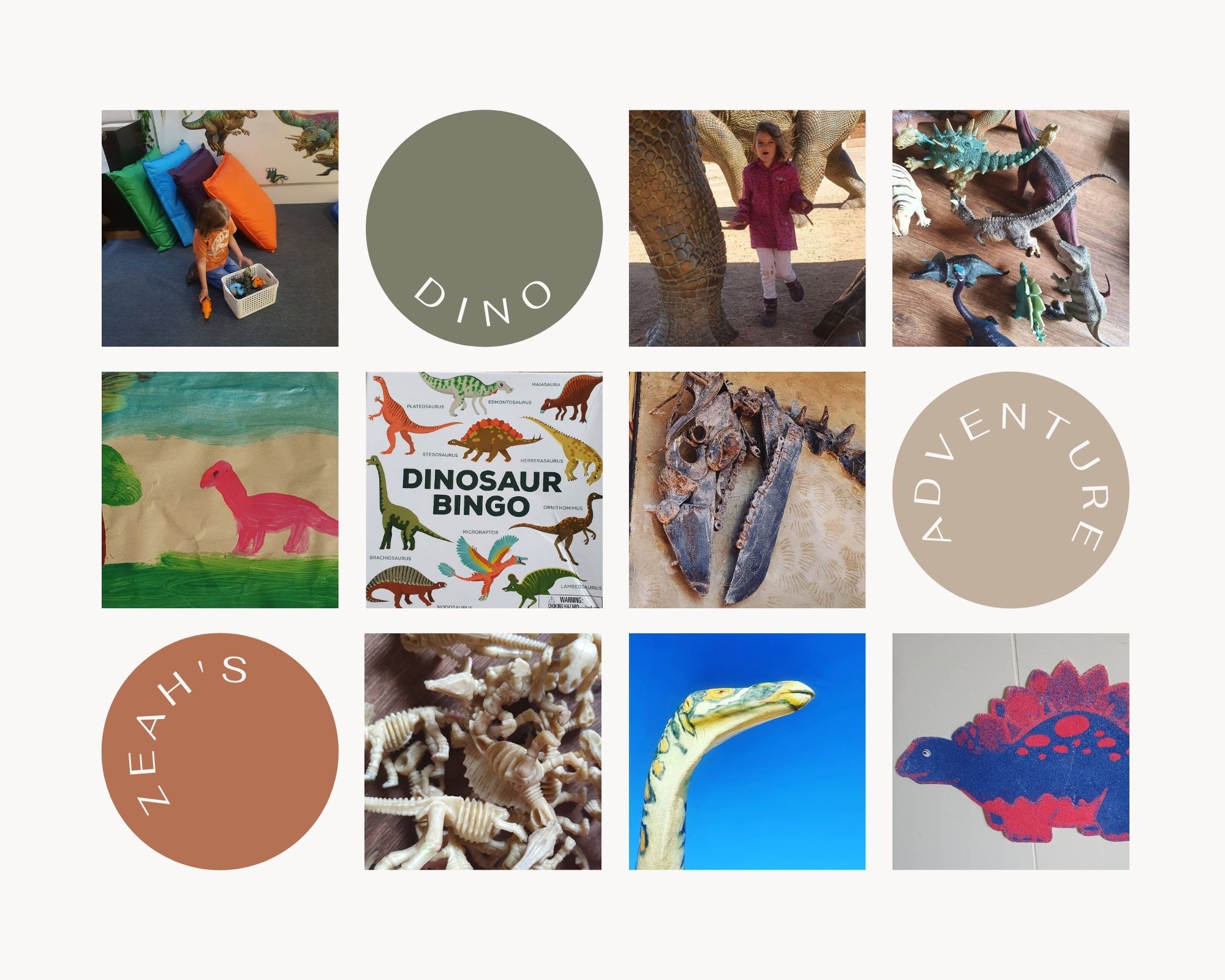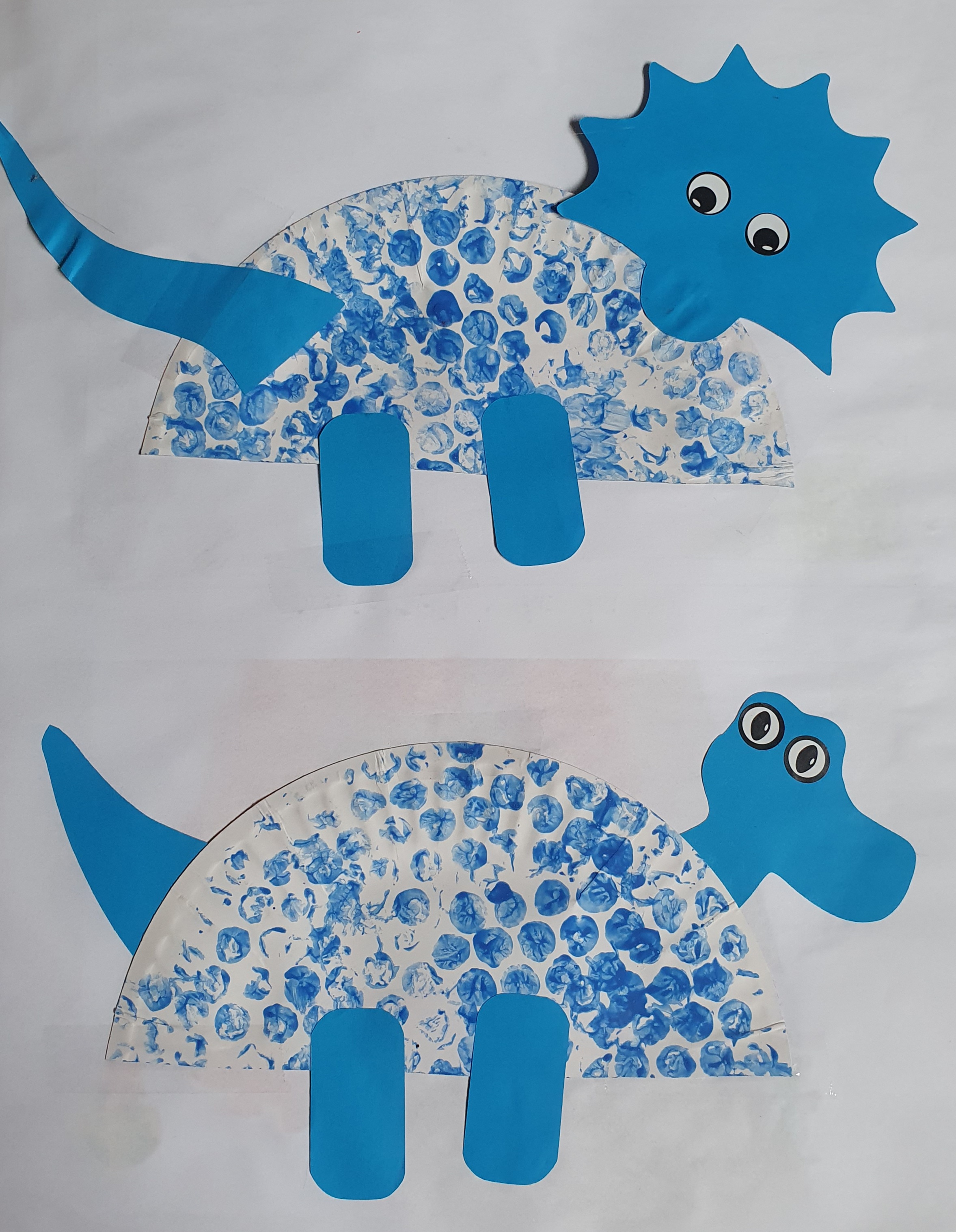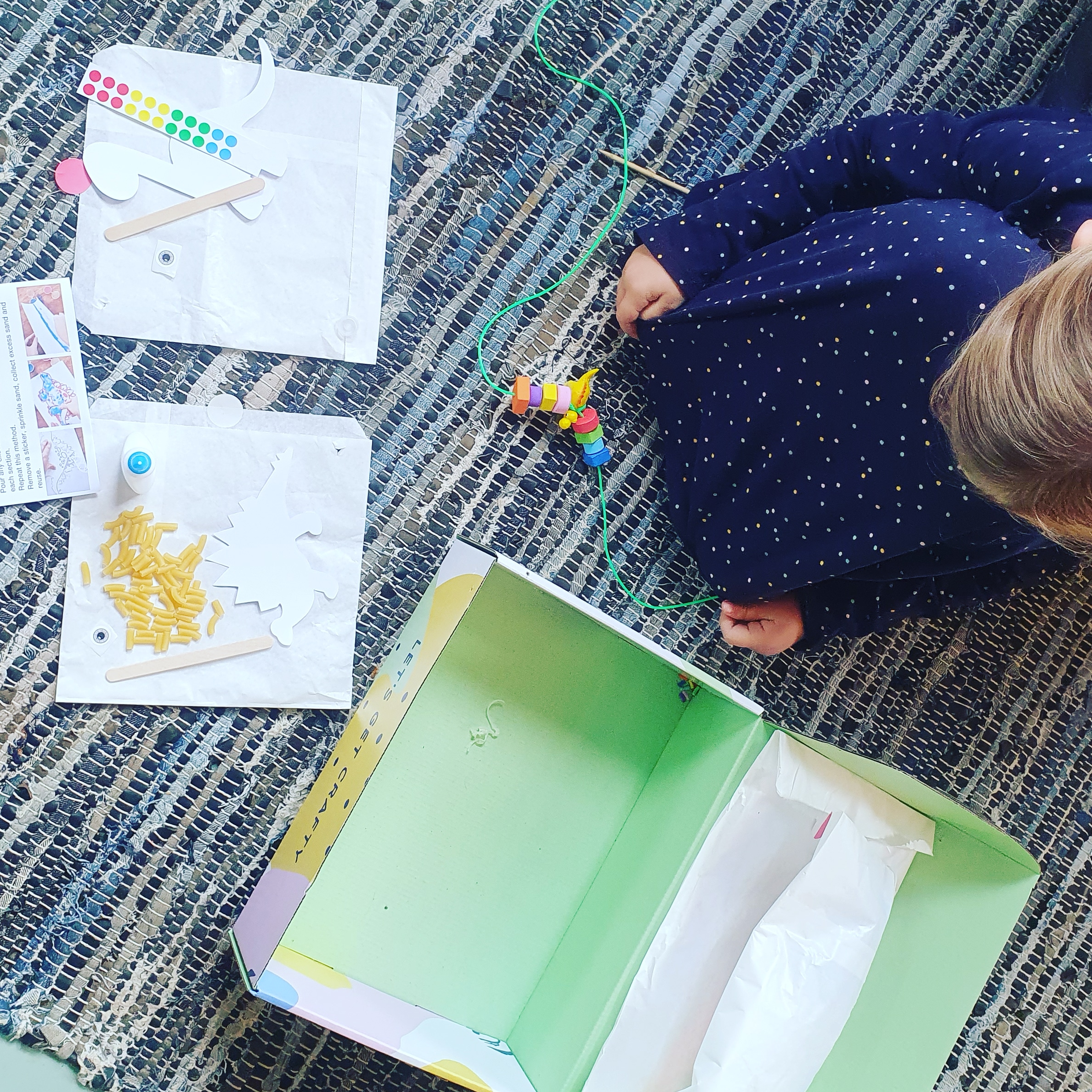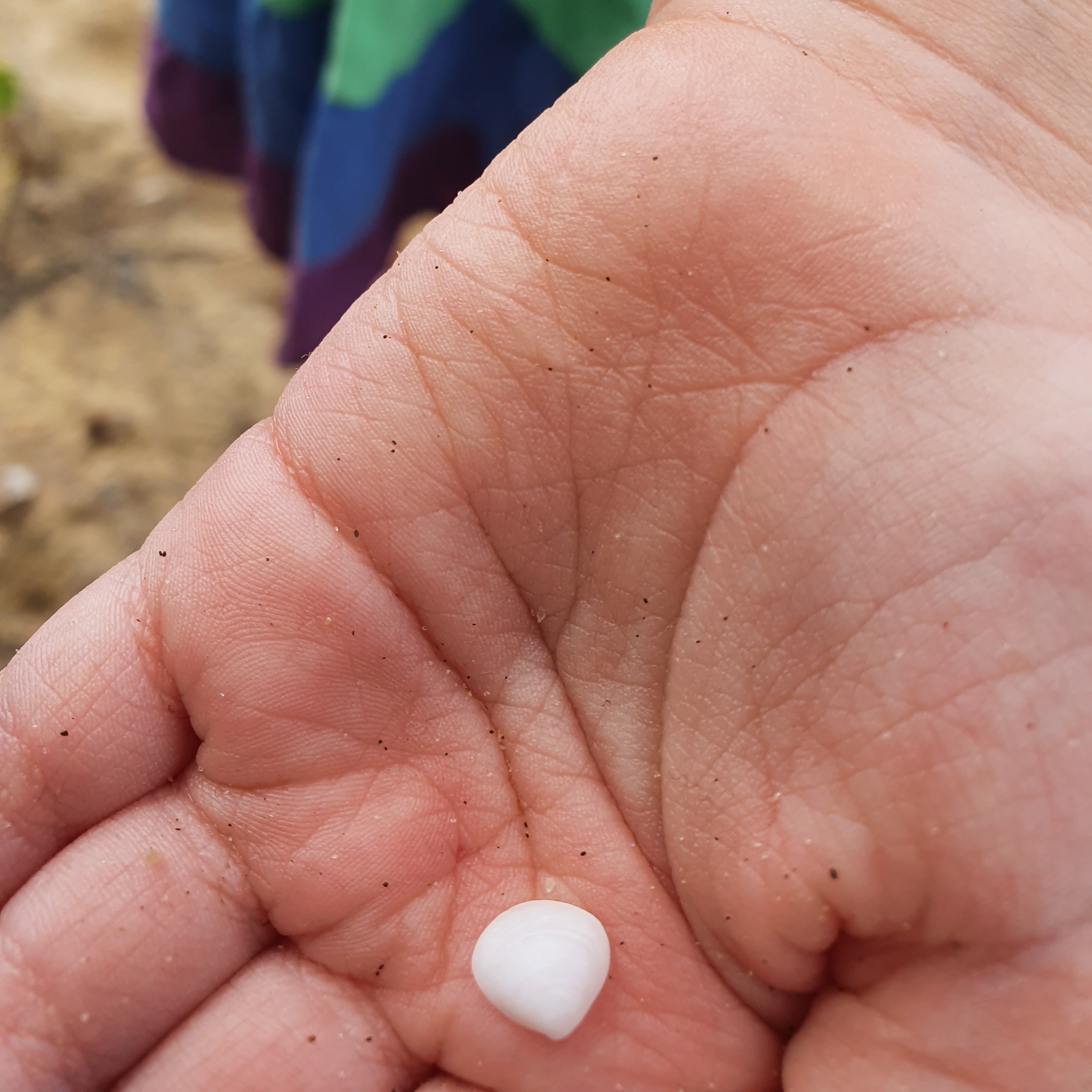Mama's Musings
Resource Review: Cool.org
As a homeschooling parent, you may wear many hats—teacher, mentor, facilitator, and more. I always feel more confident when I 'stay in the loop' of educational trends. It doesn't mean I implement them, but I am interested in what's out there. Professional development (PD) doesn’t have to be expensive or out of reach. That’s where Cool.org comes in. It's quite well known as a source of great teaching resources, but PD is another aspect of this online community.
Cool.org is an incredible online platform that offers free, high-quality professional development for educators, including homeschoolers. It provides self-paced courses, webinars, and resources designed to support diverse learning environments. There are different levels of access, but for me so far, the free resources have been plenty!

As a busy homeschooler, flexibility is key. Cool.org’s professional development courses are self-paced, so you can learn when it suits you—whether it’s during quiet evenings or while you...
Adaptable, Loving, and Present
Homeschooling is a journey of growth - not just for our kids but for us as parents and educators. Like any journey, it brings with it twists, turns, and unexpected leaps, and in my experience, the ability to adapt to these changes is as essential as any lesson plan. Today, I’d like to share some thoughts on adapting to change as a homeschooler and why flexibility, openness, and family-centered priorities are key.

Recognising the Need to Be Flexible
One of the greatest gifts homeschooling offers is flexibility. Unlike traditional schooling, where a rigid schedule dictates the pace, homeschooling allows us to pivot when needed. But it’s easy to get caught up in our own expectations - believing we have to “finish the curriculum” or “stick to the plan” no matter what. We must remember that plans are just that: a rough guide, not a rulebook. Life will throw curveballs, and learning to embrace them with grace and flexibility helps us model adaptability for our children.

For a few year...
Using AI to assist with Unit Studies
AI - Artificial Intelligence - love it, hate it, or not sure? I'm still on the fence! That is a typical writer's response to a perceived threat.
I've been testing it out though, and I think it's a great tool for generating ideas. For example, today I logged into ChatGPT and asked it to "write a 4 week unit study for children aged 5-7 who are learning about the countries around the world, especially developing nations and less common countries, and include food, stories, and art, as well as academic learning."
For me to plan this would take maybe an hour or more, and for someone new to homeschooling, it could take a few hours. In under a minute, ChatGPT gave me this:
Title: Exploring Our World: A 4-Week Unit Study for Children Aged 5-7
Week 1: Africa - A Continent of Rich Cultures
Introduction:
Introduce the concept of continents and explain that we will be starting our journey in Africa, a diverse continent.
Display a world map and locate Africa.
Share interesting facts about Afric...
Twinkl Tool and Discount
Twinkl have a brand new PlanIt Home Education Planner resource designed especially for Home Education and all aligned to the Australian Curriculum. This resource is hot off the press and includes a full year's worth of primary school aged-lesson planning across various subjects and topics mapped out for you. All you have to do is click on the links to be directed straight to all of the appropriate resources - how simple is that?

You can find this PlanIt Home Education planner here.
And if you need a code to access Ultimate access to Twinkl, I have one which is valid for MAY only! Login into Twinkl through this link, and then enter my code: HOMESCHOOLCONFIDENTLYMAY2023 to receive your free week of Ultimate access.

PlanIt resources include detailed lesson plans, PowerPoint presentations, creative and differentiated lesson activities, challenge cards, fact cards, eye-catching display packs, key vocabulary grids and even assessment materials. Twinkl have also included a blank planne...
Learning About: Dinosaurs

Following on from the post about our Oceans Unit Study earlier this year, I've collated some info about our Dinosaur Unit Study to share with you. Zeah is five, and she loves learning-by-doing, so we've done a lot of hands-on learning, as well as enjoying an epic Dinosaur Trail roadtrip!
Some of our Term 2 & 3 activities have included:
Castle & Kite, KiwiCo* and My Creative Box* activity boxes have come to the rescue again, with Zeah undertaking lots of creative Dinosaur activities with her Nanny on Tuesdays. I like that I can leave these boxes for them and go into the office, and everything they need is on hand. The activities give quick results, provide something to show off when I arrive home, and there's little waste involved because of how these activity boxes are designed.
(*use these affiliate links for a discount for your family, and mine).


We've found lots of Dinosaur books in the library, op shops, our own shelves, and from our friends via our Homeschool Group Swap ...
Learning About: Oceans
This year, Zeah is Prep age. Kids at Prep in our state are 4-6 years old. Or I could just tell you that last month, Zeah turned five! We plan our 'schoolwork' around themes. So as well as doing some basic literacy and numeracy activities, and learning to swim, and lots of play and mess-making, Zeah learns about a different theme each term.

Term 1 was Oceans, and some of the activities included:
Castle & Kite, KiwiCo and My Creative Box activity boxes have all been huge blessings since I started a new job while still studying fulltime. I'm working casually this year (and mostly home-based) in Community Engagement, which is a dream job for me! I'm studying Sustainability online via the University of Tasmania - Sociology, Indigenous Lifeworlds and Engaging with Sustainabilty units this semester - all three are quite content-heavy with plenty of written assessments! I only have another month or so to go until I get a break for a few weeks. I'm still working for the magazine an...
Resource Review: Moneysmart and More
Recently, I shared a review of a printable resource to learn about Money from Teachers Pay Teachers (which also has heaps of cool freebies too, if you want to sample what's available). Then I reviewed the Barefoot Investor for Families. To continue with the money theme check out this collection of over 60 resources. From this Australian government site families can learn about budgeting, charity, advertising, enterprise, sustainability, consumerism, investing, savings goals and more.

If you do unit studies, or project-based homeschooling, Consider including practical topics like money in your home learning journey... it's relatively easy to gather resources and children love to learn about real life. Some other subjects we've covered in other 'real life' units include:
growing food
animals
kitchen skills
enterprise
sewing
building
cars
Rather than a rigid curriculum, the projects have been a conscious choice to include the children in our daily living (rather than expecting them to ...
Q & A #8 - Adulthood

It’s funny, they’ll often joke, if they don’t know how to do something, or don’t know something, “Well, duh, homeschooled.” And while it’s a joke, I think they might sometimes feel self conscious that they don’t know all the same things as their peers. But really, their peers don’t know the same things as each other, either! People have made presumptions about them, their family and their education based on homeschool myths too, which can be awkward. I find that it’s less common now that there is a lot of positive media coverage of home education. Once the kids are a couple of years older, they realise they are just as well-educated as those who went to high school, and a couple of them have described it to me as “the ultimate private education”.
We each have different skills and strengths. One thing they all know is that they can learn ANYTHING they choose, and a couple of them have thanked me for that too, that they don’t have limiting beliefs around study and careers. ...
Wild Foods
The term ‘bush tucker’ refers to Australian native foods – the huge variety of fruit, nuts, seeds, leaves, birds, mammals, roots, bark, fungi, herbs, spices, flowers, reptiles, insects, aquatic plants and fish. ‘Wild foods’ is another way to describe these, and includes non-native but often abundant food sources.

Wild foods are the ultimate in spray-free, packaging-free local food. So long as they are harvested in moderation from clean environments, they are a very low impact food source. These were once the only means of food and medicine for indigenous Australians – they are a valuable and viable resource worth learning about.
Our family have been discovering over many years and though each change of season, native and wild foods on our small farm and in the surrounding areas in Far North Queensland, Australia. Some we have found include red and yellow guava, lilly pilly, Atherton nut, lemon aspen, native ginger, pipturus and melastoma (berries), bush lemon, millaa vine, woolly p...
Friday Freebie: Nature Study Resources

Marie from Nature Study Australia has collated a fantastic list of free resources for homeschoolers looking to include Nature Study in their learning journeys... We've used some of Marie's resources before, and I attended her workshop at the Australian Homeschooling Summit.
Once I started looking for nature study resources, I found there were hundreds, including freebies, available online. If you have any recommendations, please let us know what you're using, especially Aussie products!





